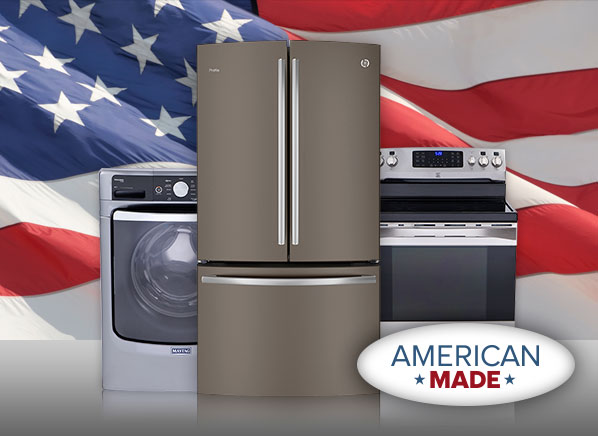There you go again with your unions bad thing. If it weren't for unions you would be working for minimum wage with a mandatory 60 hr work week. He'll if you were union you would have health benefits, thank your company for the lack there of though.
Everything was fine until Ears invaded the White House. So what happened when unions made demands in the past? Companies moved out of state or country to get away from them.
Unions had their place and use at one time, just like the ice man and horse shoe maker. But that time is long gone, and people realize the damage unions have done to this country.
As for your minimum wage argument, it's nothing but bull. Most companies today are non-union and they don't pay minimum wage or force people to work 60 hours a week. That's boloney.
However that's the same argument my father kept making to me. He's a retired union bricklayer. One day when I got fed up with him telling me I wouldn't be making what I make today if not for unions, I told him i wouldn't have to make what I make today if I could afford one of the houses that he built.
That was the last time he used that argument with me.
If there were no unions you would be making minimum wage bud. If you were in the union you would have health insurance. Unions are needed for those things, if you were union you would have a pension as well and possibly an annuity. But you go on believing that the unions are bad and I will go on having health insurance.
My employer told us repeatedly, if we ever decide to unionize, he's closing the company. That's what unions have done to tens of millions of people.
I'm glad you think your crystal ball is so accurate that you know what would have happened without unions. Have unions done some good in the past? I believe so. I'm willing to admit that. But you refuse to admit the harm they brought us.
In my line of work and personal experience with unions, I could write a book on the subject. If I went to a company I knew nothing about, I could tell you within ten minutes if they were union or not simply by how the employees worked. It's not a special talent, anybody could do it. Union employees were substandard to non-union employees every time it's compared. It's one of the reasons my employer quit accepting deliveries to UAW plants. There were times I was there for half the day trying to get unloaded; something a non-union crew could have done in a half-hour.
I think conditions are ripe for unions to start coming back.
THe labor market is tightening up, but managers are stuck in the past, where they had unlimited access to cheap Third World labor, and could get away with being petty tyrants.
Workers with degrees, and technical skills are getting tired of being treated like burger flippers.
Yes. The Silly Con Valley sweatshops are always sniveling about 'labor shortages' that don't exist, and crying for more Green Cards, which is just an indentured servitude scam since the workers who come in on those can't quit after they're here because the companies aren't required to pay their way back home when they find out how crappy the management is, how extremely low the pay is compared to the cost of living there, even though they sound like vast fortunes compared to the local wages in their home countries, and the how grossly the jobs are misrepresented.
And then donate some money to some lefty causes or politicians, and bad mouth Trump and tell themselves that they are sooooooo enlightened and wonderful.
